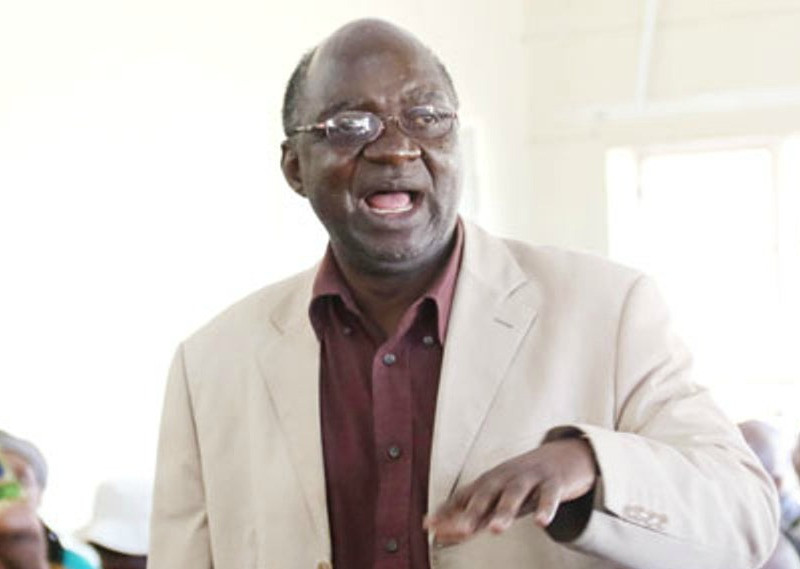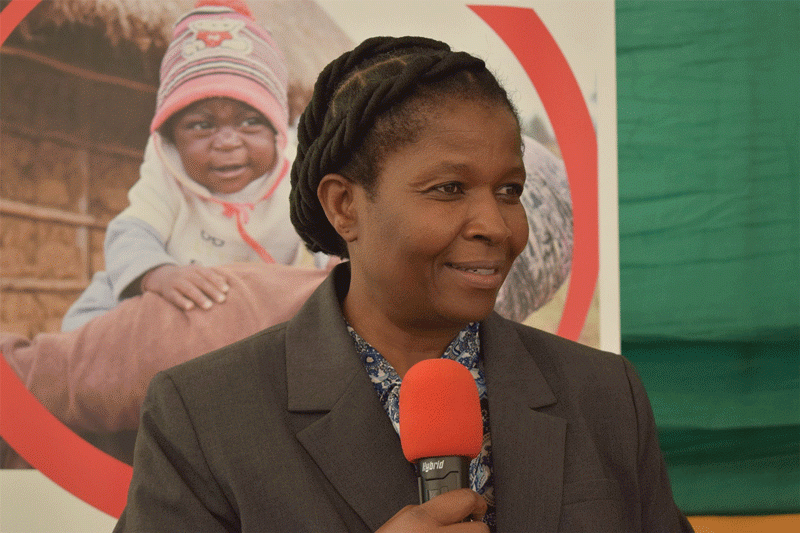ZIMBABWE is one of the three countries leading in the abolishment of the death penalty in Sub-Saharan African countries.
In a Press statement to mark the World Day Against Death Penalty on Thursday, Amnesty International said there has been a sharp increase in the use of the death penalty across Sub-Saharan Africa.
Amnesty International said recorded executions tripled and death sentences increased by 66% from 298 t0 494.
“The last known execution in Zimbabwe was carried out in 2005 even though courts continue to impose death sentences . . . Last December, the Death Penalty Abolition Bill was published in the official Gazette in Zimbabwe and the government announced its support for it this in February and this Bill is pending before Parliament,” the global organisation said.
The World Day Against the Death Penalty is a day to advocate for the abolition of the death penalty and to raise awareness of the conditions and the circumstances which affect prisoners with death sentences.
The day was first organised by the World Coalition Against the Death Penalty in 2003.
“Somalia was the only country in the region known to have carried out executions. Death sentences were recorded in 14 African countries, an overall decrease of two compared to 2022. However, there were increases in recorded death sentences in some countries including Ghana (7 to 10), Mali (8 to 13) and Nigeria (77 to 246),” Amnesty International said.
“Despite these bleak statistics, Kenya, Zimbabwe and The Gambia are edging towards abolition. Kenya and Zimbabwe currently have tabled to abolish the death penalty for all crimes, while The Gambia has begun a constitutional amendment process that will effectively abolish the death penalty.”
So far, 24 out of 53 countries across Sub–Suharian countries have abolished the death penalty for all crimes.
In 2023, Amnesty International recorded a sharp rise in executions globally, with 1 153 executions, an increase of 31% (270) from the 883 known executions in the previous year.
At least 113 countries around the world have abolished the death penalty for all crimes.
Although Zimbabwe’s last execution was in 2005, it has 62 inmates on death row.
So far, only two death sentences were commuted to life in prison.
Section 48 of the Zimbabwe Constitution indicates that the death penalty may be imposed only for murder committed in aggravating circumstances and only on men aged between 21 and 70, and not on women.
Legislative watchdog Veritas once petitioned Parliament requesting the Legislature to pass a resolution on abolishing the death penalty.
They said the death penalty does not provide closure for victims’ families and can prolong their pain and trauma.





